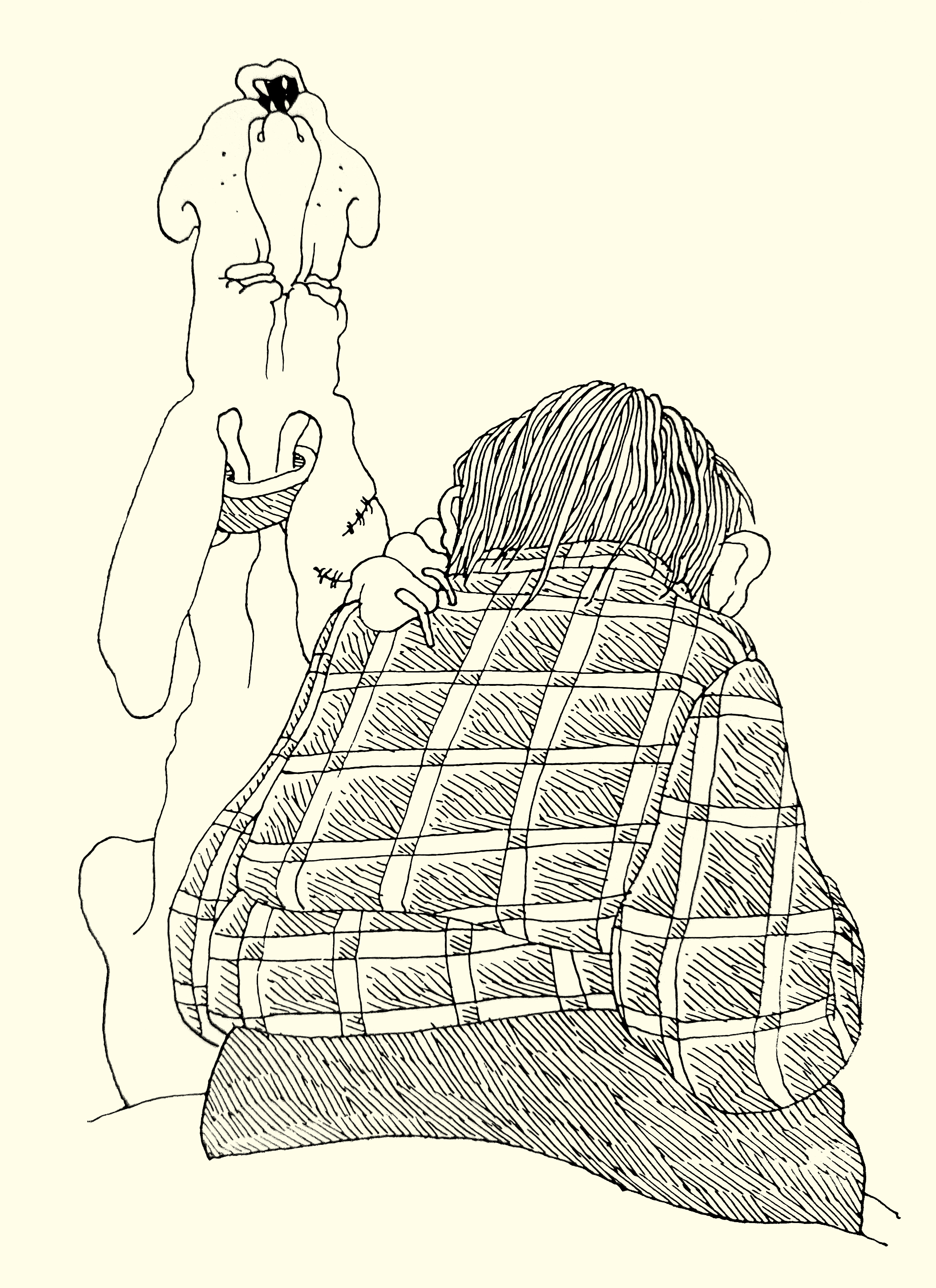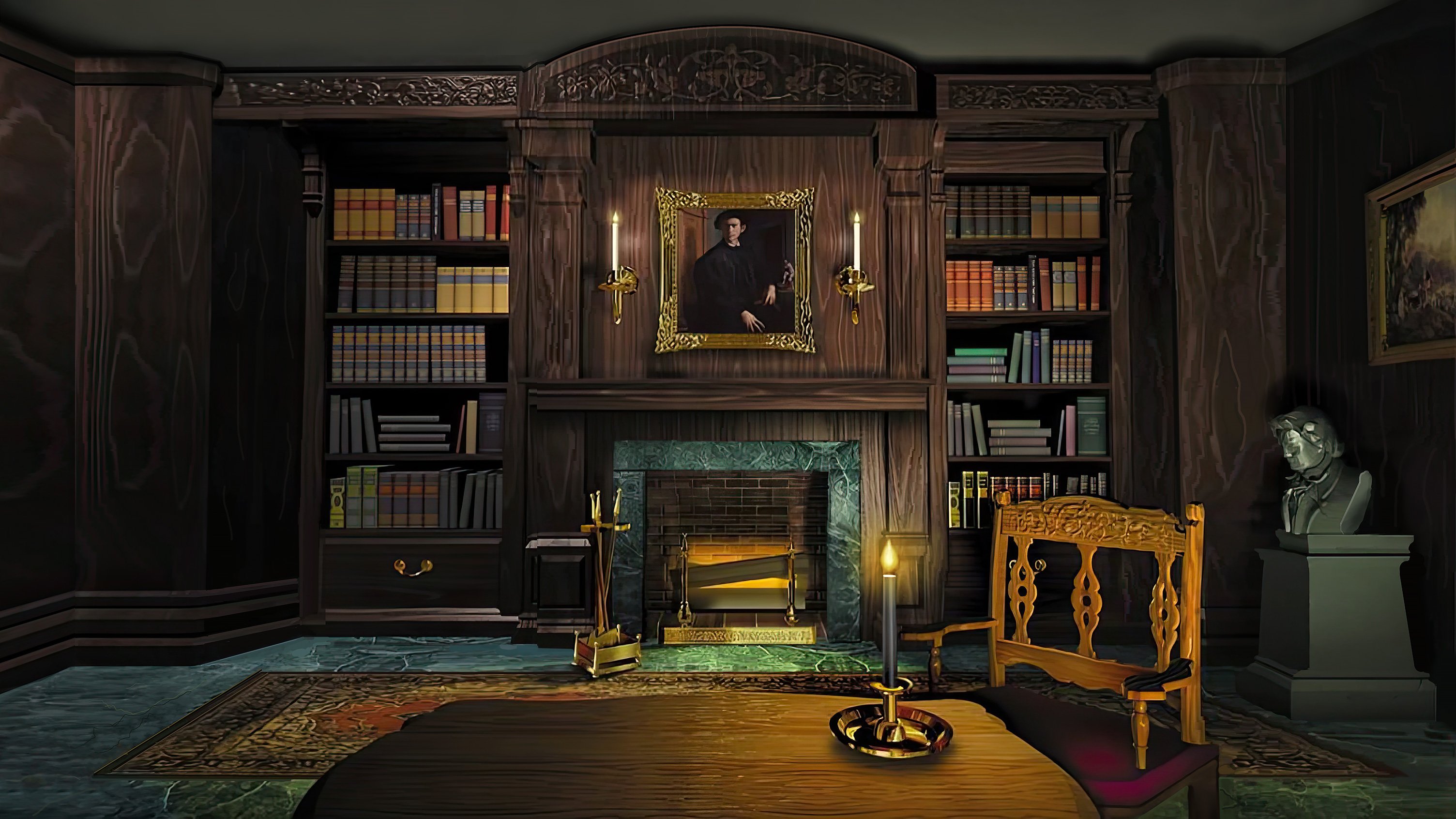Thoughts on Smaller, Slower Internet

Early in Roger Zelazny’s final novel, A Night in the Lonesome October (1993), the narrator, a dog named Snuff says, “The master would not let an obvious madman armed with a dangerous weapon come in and search the house. This is a place of peace and refinement.” (Emphasis mine.) Let us set aside that Snuff’s master is heavily implied to be Jack the Ripper and that the vicar, the obvious madman, is more devoted to the Outer Gods than the Anglican church; my 15-year-old self was struck by Zelazny’s assertion that spaces can be intentionally tuned toward quiet contemplation and I have, in some way, been attempting their construction ever since. I can’t recall if the characters in Lonesome October ever retire to a study to discuss their plights, but the novel is so entangled with classic horror films, particular those from Universal and Hammer, that it’s easy enough to imagine them doing so. There is something about wood-lined walls, cozy armchairs and a crackling fire that evokes in me a mode of reflection, even if there is a monster at the door (whether that creature has fangs, or is something more ambiguous, like the specter of imperialism, is immaterial).
I don’t know much about interior design, but I do know that wood paneling has come in and out of vogue over the years. Despite my romanticized notions of the drawing rooms of Victorian gentry, my favorite wood-paneling is from the ’70s and ’80s, the sort that finished many a basement, rec room and computer room, whether it was fashionable or not. Wood-grained veneer looms in my mind’s eye as a universal and unifying background for all the things I’ve ever thought were cool. This is nostalgia talking, clearly, but I think there’s something else to it as well. Remember, there was a period of time when wood veneer showed up on everything from the sides of cars to the surfaces of alarm clocks. Wood, even faux-wood, lends objects a natural warmth and serves a reminder of a slower world. And continues to do so – I have a laser-sliced wood applique wrapping my Bluetooth speaker and my cellphone is protected by a similarly thin wooden case.

I bring all this up because I am looking for a slower, quieter way to exist on the internet; our collective digital space offers a daily experience that, in the last six months, seems to have rapidly decayed into a near-unusable state. Algorithms have turned social media platforms into a cash-extracting Skinner box, search engines already destabilized by SEO black magic have been poisoned by AI bullshit. Don’t even get me started on apps. A whole suite of technology once intended to connect people has been subverted in order to waste their time and pick their pockets. And we’re all trapped, because the memory of a time when the internet was useful and helpful and beneficial imprisons us in the most hellish incarnation of the sunk-cost fallacy.
Which brings me to my purpose here. Remember web rings? They were a key part of the internet experience back in the ’90s, when search engines were less effective. I’d find a cool site and at the bottom would be a little interface that allowed me to move (forward, back, randomly) around a metaphorical ring of similarly themed websites. I have many memories of finding extremely strange things thanks to web rings – Discordians, homebrew D&D rules, screeds against the Gregorian calendar, extraterrestrial cults. To me, these rings signify a different kind of internet, one built around exploration, discovery and active use, rather than the passive consumption fostered by algorithmic feeds. My guts tell me a web ring could be the antidote to our current internet woes. At least, if we want it badly enough. In embracing web rings, we are giving up the immediacy of social media and the ease of communication it offers. We’re also asking folks who use the web ring to change their internet habits, which is surely a tricky proposition. But what we stand to gain is a community of sites, linked in fellowship and independent of corrosive corporate stewardship. We can create a place of peace and refinement, on our own terms.
—Stu Horvath Vintage RPG, Unwinnable, &c Somewhere in the swamps of New Jersey 15 July 2024
P. S.: You might think, as I did, that web rings died out because search engines got better. And, like me, you’d be wrong. They were murdered. Search engines did get better, but web rings disappeared because the primary hub for managing the rings was bought by Yahoo, a search engine (lol, remember when Yahoo was a search engine?). Predictably, they mismanaged their acquisition, users fled in droves and web rings wound up on the ash heap of internet history. Whether that fate was unjust, or merely premature, I guess we’re going to find out.
« Return to the web ring.
